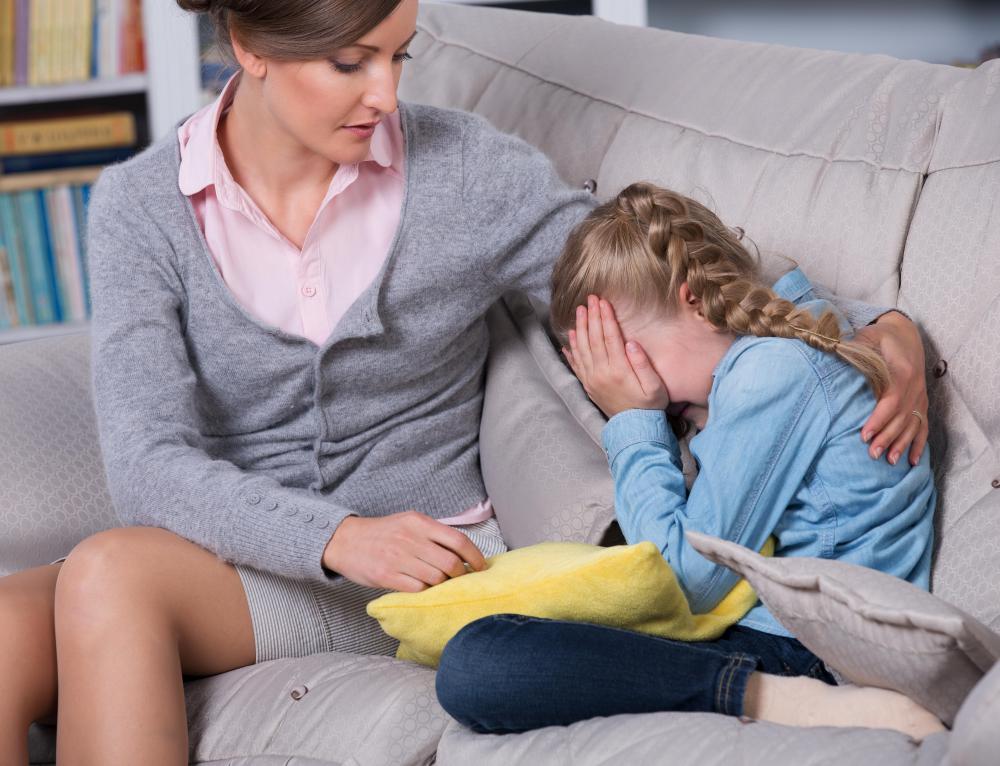At WiseGEEK, we're committed to delivering accurate, trustworthy information. Our expert-authored content is rigorously fact-checked and sourced from credible authorities. Discover how we uphold the highest standards in providing you with reliable knowledge.
What Is Verbal Child Abuse?
Unfortunately, child abuse continues to be prevalent around the world despite efforts by government agencies and private organizations to prevent the abuse of children. Child abuse can take many forms, including physical and sexual abuse, neglect, and emotional or mental abuse. Emotional or mental abuse often includes verbal child abuse in the form of excessive criticism, belittling, and insulting the child. In most jurisdictions, verbal child abuse can be the basis for the state to intervene and even remove the child from the home environment.
When many people think of child abuse, they think of the more obvious physical or sexual abuse that is frequently suffered by children. Emotional or mental child abuse, however, can be just as detrimental to a child's well-being and development. Emotional abuse can take many forms, with verbal child abuse being one of the most prominent aspects of emotional abuse.

Although verbal child abuse can include many things, belittling is one common form of verbal abuse. Belittling happens when an adult or older child makes the child feel inferior or incompetent. If a child is made to feel unwanted or inconsequential, then that may be considered belittling.
Excessive and unnecessary criticism is another form of verbal child abuse. Children generally react well to positive encouragement and negatively to criticism, just as most adults. If a caregiver is constantly criticizing a child, then the child's self-worth and self-esteem can be severely affected. When the criticism is constant, it can rise to the level of child abuse.

Insulting a child should never be necessary. Children are very susceptible to the opinions of adults who care for them and can be emotionally traumatized by insults made by adults or older children. Not surprisingly, insulting a child for any reason can be considered emotional abuse.
The signs of verbal abuse may be subtle, or may be more obvious, depending on the age of the child and the form that the abuse takes. In small children, withdrawing from others, the inability to interact with other children, and sleep problems or toilet-training problems may be signs of verbal abuse. In older children, aggressive behavior, repeating the verbal abuse with other children, or self-destructive behaviors are common signs of verbal abuse.

Reporting requirements for child abuse vary by jurisdiction as well as may be dependent on who the person is who suspects the abuse. In many cases, certain professionals such as physicians and educators are required under the law to report suspected child abuse. If anyone suspects child abuse, verbal or otherwise, it should be reported to the local authorities or to a local child abuse hotline if available in the area.
AS FEATURED ON:
AS FEATURED ON:
















Discussion Comments
This is a very good, informational text.
Post your comments